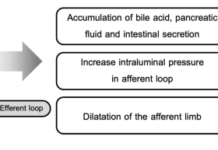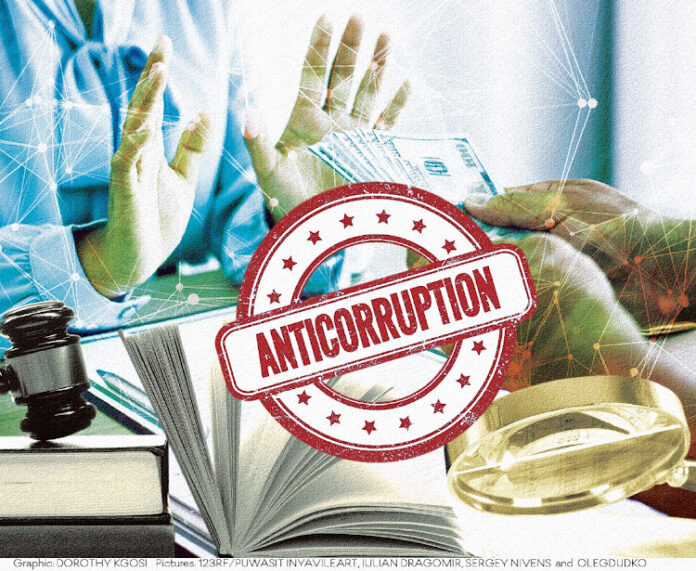Introduction
Corruption is a problem that permeates all cultures and has a negative impact on fair and equitable governance, public trust, and economic prosperity. This article examines corruption’s sources, effects, and numerous countermeasures that can be used to fight this enduring evil.
Understanding Corruption
Bribery, theft, nepotism, and favouritism are just a few of the immoral actions that are included in the definition of corruption. It happens when people in positions of power misuse their influence for their own benefit, frequently at the price of the general welfare. Both the public and private sectors are susceptible to corruption, which has a negative effect on both social and economic development.
Causes of Corruption
The emergence and continuation of corruption are influenced by a number of factors. Weak institutional structures, a lack of transparency and accountability, low pay for public servants, a deficient rule of law, and convoluted bureaucratic processes are a few of these. Furthermore, societal elements including an atmosphere of impunity, income disparity, and a lack of civic involvement can encourage corruption.
Combating Corruption:
A multifaceted strategy encompassing the government, civic society, and international cooperation is necessary to tackle corruption. Some essential defences include:
Promoting openness and Accountability: Increasing openness through programmes like open data projects, protection for whistleblowers, and public disclosure of financial information can discourage corrupt behaviour. enhancing the accountability systems, such as independent anti-corruption commissions.
Encourage Citizen Engagement: Promoting a culture of integrity and holding public officials responsible can be accomplished through including citizens in the fight against corruption through public involvement, civic education, and awareness campaigns. In order to reveal corruption and push for reform, it is essential to support media freedom and civil society organisations.
International collaboration is essential in the fight against corruption, especially when it comes to dealing with cross-border corruption and illicit financial flows. To share best practises, synchronise initiatives, and recover stolen assets, cooperation between governments, international organisations, and civil society is crucial.
Conclusion
With significant economic, social, and political ramifications, corruption continues to be a major global problem. A comprehensive strategy that tackles corruption’s underlying roots, fortifies institutions, encourages accountability and openness, involves citizens, and develops global collaboration is needed to combat it. Societies may cultivate an environment that protects integrity, promotes equitable development, and renews public confidence in governance institutions by jointly battling corruption.




































